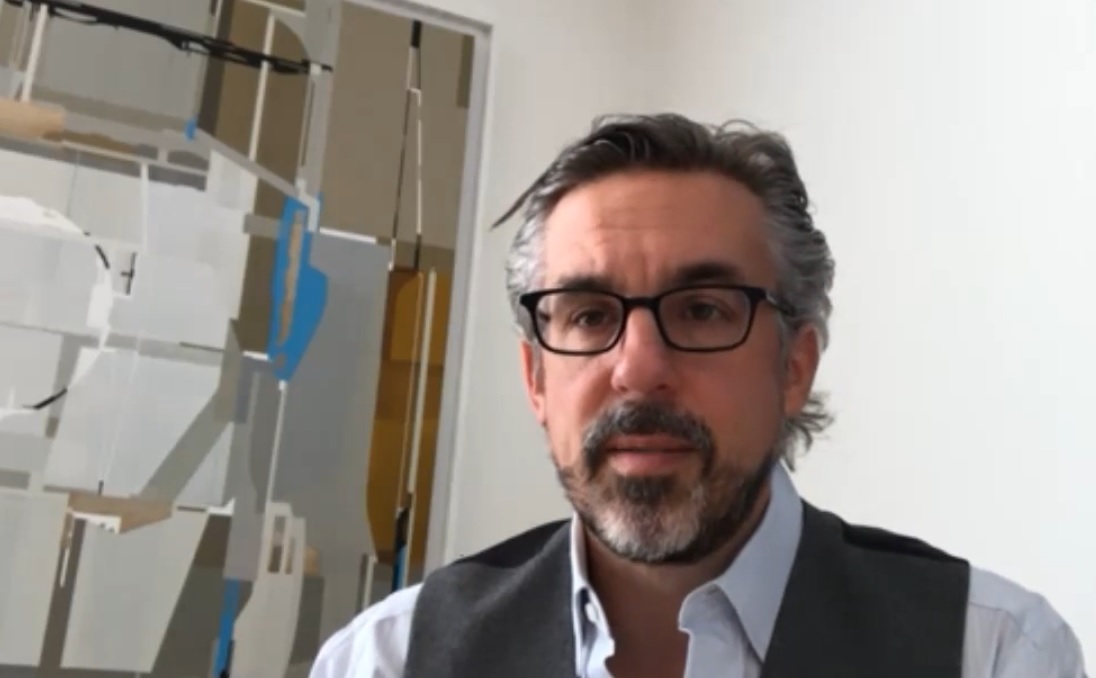
Fund Operator: What impact, if any, has the COVID-19 health crisis had on M&A activity in the asset management space?
Jeff Stakel: Before the pandemic hit, we projected more M&A activity and consolidations in the industry. This was due to many factors, including a slower rate of growth, a rising cost structure and new client demands. Today, there is likely an oversupply of managers and it has been hard for them to stand out in the crowd.
I don’t feel that COVID has structurally changed any of these headwinds in a material way. Of course, some have been impacted more than others, but by and large, it has accelerated the need for managers to address their strategic challenges.
"Today, there is likely an oversupply of managers and it has been hard for them to stand out in the crowd."
I feel that we are going to continue to see some of these firms use M&As to differentiate their offerings, add new capabilities, access new markets, and scale their business.
I don’t feel that the current environment will change the longer-term direction of M&A in the industry. Certainly, it has slowed it down in the last six months, partly due to logistical reasons, as well as due to the market volatility that we experienced in April and May.
If buyers and sellers get comfortable with the level of volatility and can gain more clarify on future earnings, price stability come back and we may see an increase in willingness for transactions.
Fund Operator: How is the new environment changing the ways that due diligence and transactions are conducted? Have timelines now been lengthened as a result?
Jeff: My sense is that transactions which are taking place in the market were already underway, with the relationships already established prior to COVID-19.
That said, logistics do make due diligence more difficult. This is such a human capital business that, without getting the right level of interaction, engagement and comfort levels, transactions can be difficult.
"As commerce opens up and travel starts to pick up again, I wouldn’t be surprised to see transaction activity following suit."
There is a lot of analysis and due diligence work that can be done remotely, however, it is logistically challenging. This slows the process and lengthens timelines.
As commerce opens up and travel starts to pick up again, I wouldn’t be surprised to see transaction activity following suit.
Fund Operator: With the utility of office real estate in question in the new environment, what has been your guidance for firms that may be inheriting or increasing office space through an M&A transaction?
Jeff: Separate and apart from M&A, location strategy and the physical office footprint has come into a lot more focus for organizations during this time period than previously.
Even prior to COVID-19, rising costs were bringing this topic to the forefront. Historically, this has been an industry that has been characterized by persistent growth, with cost optimization as more of a secondary theme.
The change in dynamics has now made optimizing the cost base critically important to a firm’s strategy. Organizations are looking at their true competitive advantages and what they want to be known for.
"Organizations are looking at their true competitive advantages and what they want to be known for."
This leads them to consider what they want to outsource and what they want to do internally. If they do something themselves, the question is whether they are being too dogmatic in the philosophy that it has to all be done in the same place or if they should consider lower cost locations.
The new iteration of an organization is not going to perfectly mirror the older one, and that will include its ability to embrace the philosophy of working remotely or with a more dispersed footprint.
There isn’t one magical answer when it comes to real estate, as it is very firm specific.
David: Is the increased shift towards digital platforms across the industry and in our everyday lives putting an emphasis on asset managers to invest more in technology?
Jeff: Looking at where the industry is investing more capital, technology is certainly one area where spending has increased.
One dynamic that is emerging when it comes to data, analytics and technology is the idea of the haves and have-nots in terms of firms that are separating themselves and benefiting from their spend.
Technology leaders are spending more of their budget on innovation versus businesses-as-usual efforts. These companies are now seeing greater revenue growth and higher margins.
"Technology is what will ultimately change these processes and improve organizations."
Technology spend is happening across organizations. In distribution we are seeing efforts in sales and marketing, client servicing and data analytics to increase distribution efficiency and to differentiate. The investment engine is focused on analytics, as well as machine learning and automation.
Finally, we are seeing organizations invest to increase efficiency in the middle and back office, along with HR and finance departments. Technology is what will ultimately change these processes and improve organizations.
Fund Operator: Are there increased barriers today for asset managers looking at expanding their global footprint, and how do they overcome them?
Jeff: The question that asset managers are faced with now is what the right level of globalization. In an industry that is growing, historically the right level was to add additional resources in new markets and capture growth.
However, when the industry is not growing, it is more of a trade-off between adding incremental resources in existing market versus the risk of spreading resources too thin in competitive new markets.
On top of that, COVID has ushered in the new challenge of business development in a virtual world. Maintaining existing relationships is easier in this environment vs. trying to build a new client base.
"The question that asset managers are faced with now is what the right level of globalization."
The other challenge is the increasing costs of a global client base and diversified offering. As firms globalize, the cost to serve increases, including the need for local collateral, strategies tailored to local investor needs and new regulatory bodies.
As firms continue to think about their global footprint, having a clear understanding of how their footprint will impact the economic profile and how that profile will shift over time is important.
Getting everyone aligned around key milestones and duration to success is a necessary step as firms reconfigure their footprint.
Please Sign In or Register to leave a Comment.
SUBSCRIBE
Get the recent popular stories straight into your inbox




